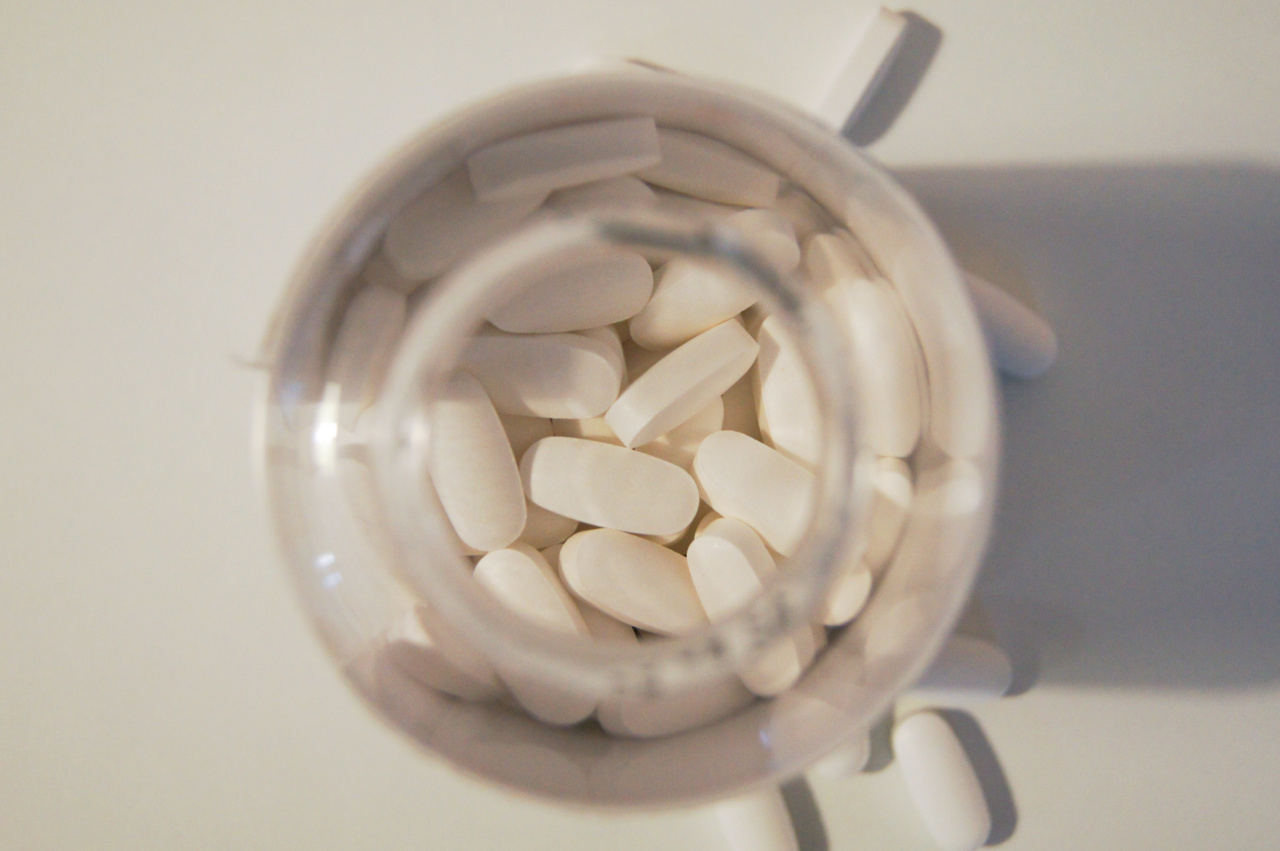Irritable Bowel Syndrome (IBS) affects millions of people around the world. It is a chronic disorder that affects the large intestine or colon. Symptoms include abdominal pain, bloating, diarrhea, and constipation.
It can be a debilitating disorder that can affect a person’s quality of life. Fortunately, there are treatments available that can help relieve the symptoms of IBS. In this article, we will discuss some of the tried and tested treatments for IBS.
1. Dietary Changes
Dietary changes are often the first line of treatment for IBS. Some foods can trigger IBS symptoms. It is essential to identify these trigger foods and avoid them. Common trigger foods include dairy products, fatty foods, spicy foods, caffeine, and alcohol.
Fiber-rich foods, such as fruits, vegetables, and whole grains, are also helpful in managing IBS symptoms. However, it is important to introduce fiber-rich foods gradually as consuming too much fiber at once can worsen IBS symptoms.
2. Probiotics
Probiotics are beneficial bacteria that live in the gut. They help maintain the balance of good and bad bacteria in the gut, which is essential for optimal digestive health.
Studies have shown that some strains of probiotics can help relieve IBS symptoms, particularly bloating and abdominal pain. Probiotics are available as dietary supplements or found in fermented foods such as yogurt, kimchi, sauerkraut, and kefir.
3. Medications
There are several medications available to relieve the symptoms of IBS. Antispasmodics can help reduce muscle contractions in the intestines, thus relieving abdominal pain and cramping.
Laxatives and anti-diarrheal medications are also helpful in managing diarrhea and constipation, which are common symptoms of IBS. However, it is essential to consult a healthcare provider before taking any medications for IBS.
4. Stress Management
Stress is a common trigger for IBS symptoms. Therefore, stress management techniques, such as meditation, yoga, deep breathing, and exercise, can be helpful in managing IBS symptoms.
Regular exercise can also help improve digestion and reduce stress, which can improve the symptoms of IBS.
5. Acupuncture
Acupuncture is an alternative therapy that involves the insertion of thin needles into specific points of the body. Studies have shown that acupuncture can be helpful in managing IBS symptoms, particularly abdominal pain and bloating.
However, it is essential to consult a licensed acupuncturist before undergoing this therapy.
6. Hypnotherapy
Hypnotherapy is a type of psychotherapy that involves inducing a relaxed state of mind to promote mental and physical wellbeing.
Studies have shown that hypnotherapy can be an effective treatment for IBS, particularly for reducing abdominal pain and discomfort.
7. Cognitive Behavioral Therapy (CBT)
Cognitive Behavioral Therapy is a type of psychotherapy that helps individuals identify and change negative thought patterns and behaviors.
Studies have shown that CBT can be effective in managing IBS symptoms, particularly for reducing anxiety and depression associated with IBS. It is essential to consult a licensed therapist before undergoing this therapy.
8. Herbal Remedies
Herbal remedies, such as peppermint oil and ginger, can be helpful in managing IBS symptoms. Peppermint oil can help reduce abdominal pain and bloating, while ginger can help improve digestion and reduce nausea.
However, it is essential to consult a healthcare provider before taking any herbal remedies for IBS.
9. FODMAP Diet
The FODMAP diet is a dietary approach that involves the elimination of certain carbohydrates that are difficult to digest. This approach has been shown to be effective in managing IBS symptoms.
The FODMAP diet involves avoiding high FODMAP foods such as dairy, wheat, onions, and garlic, for a certain period. After the elimination period, these foods are gradually reintroduced to determine which foods trigger symptoms.
10. Gut-Directed Hypnotherapy
Gut-Directed Hypnotherapy (GDH) is a type of hypnotherapy that focuses on the gut. It involves guiding individuals into a hypnotic state and providing suggestions that can help improve gut function and alleviate IBS symptoms.
Studies have shown that GDH can be an effective treatment for IBS, particularly for improving bowel habits and reducing abdominal pain.






























